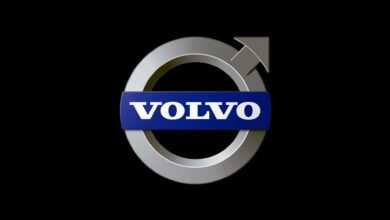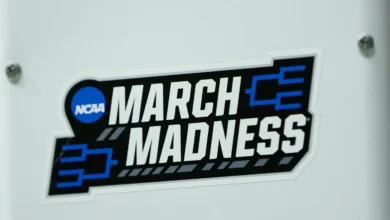SSD or HDD for NAS? : Which Storage Is Best for Your NAS Setup?

In the realm of NAS setups, the choice between SSDs and HDDs presents a critical consideration. SSDs provide enhanced performance with faster read/write speeds, while HDDs offer greater storage capacity at a lower cost. This trade-off between speed and affordability influences various use cases. Understanding these factors is essential for making an informed decision that aligns with specific storage requirements and budgetary constraints. What factors should one prioritize when selecting the right storage solution?
Understanding SSDs and HDDs: Key Differences
Although both Solid State Drives (SSDs) and Hard Disk Drives (HDDs) serve the primary function of data storage, they differ significantly in their underlying technology and performance characteristics.
SSDs utilize flash memory, offering superior data retention and lower power consumption, while HDDs rely on mechanical parts that consume more energy and have slower access times.
These distinctions impact their suitability for various applications, including Network Attached Storage (NAS).
Performance Comparison: Speed and Access Times
The performance of SSDs and HDDs is markedly different when it comes to speed and access times, factors that are critical for Network Attached Storage (NAS) applications.
SSDs typically offer superior read/write speeds and significantly lower latency differences compared to HDDs.
This performance advantage allows for quicker data retrieval and smoother user experiences in environments requiring high-speed access to stored information.
Capacity and Cost: Evaluating Your Storage Needs
When considering storage solutions for a NAS, how does one effectively balance capacity and cost?
Evaluating storage requirements is crucial, as it informs the choice between SSDs and HDDs. While SSDs offer speed, their capacity often comes at a higher price, necessitating careful budget considerations.
Conversely, HDDs provide greater storage capacity at lower costs, appealing to those prioritizing extensive data retention.
Use Cases: When to Choose SSDs or HDDs for NAS
Choosing between SSDs and HDDs for NAS deployment requires an understanding of specific use cases that dictate performance and capacity needs.
SSDs excel in scenarios demanding high-speed access, such as gaming storage and media streaming, while HDDs are preferable for extensive backup solutions and cloud integration, where capacity and cost efficiency are prioritized.
Evaluating these factors is essential for optimal NAS configuration.
Conclusion
In the intricate landscape of NAS storage solutions, the choice between SSDs and HDDs resembles navigating a bustling marketplace of speed and capacity. SSDs, with their lightning-fast read/write capabilities, glimmer like jewels, ideal for demanding applications. Conversely, HDDs stand steadfast, offering vast expanses of storage at a fraction of the cost, akin to a sturdy warehouse brimming with valuable inventory. Ultimately, the decision should align with one's unique needs, balancing performance desires against budgetary constraints to create a harmonious storage ecosystem.





